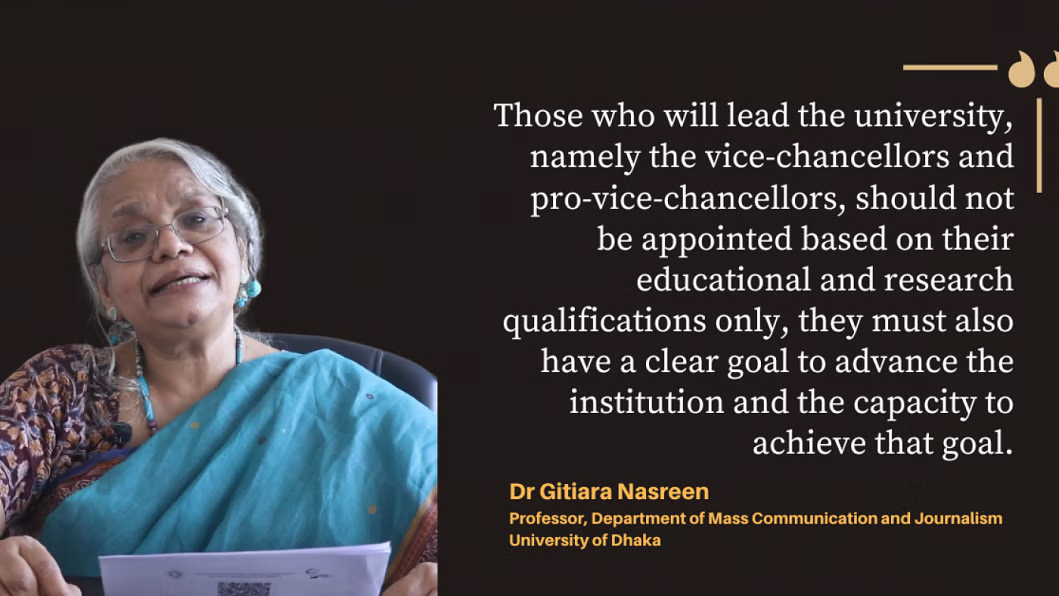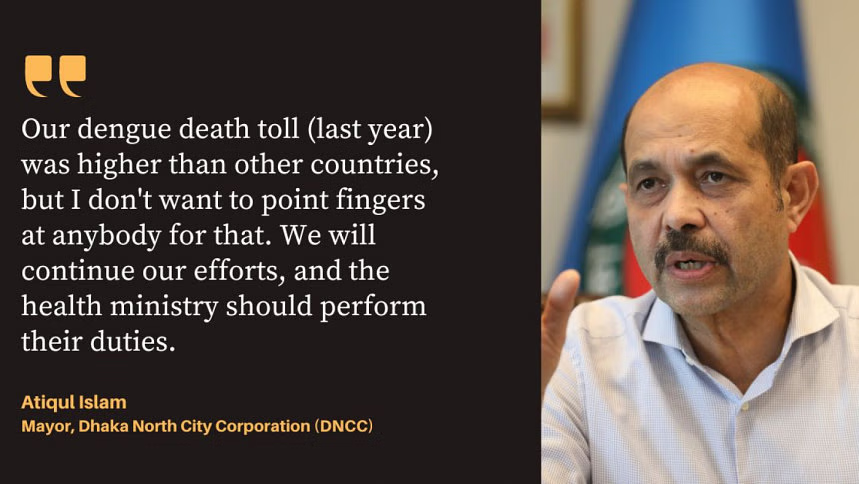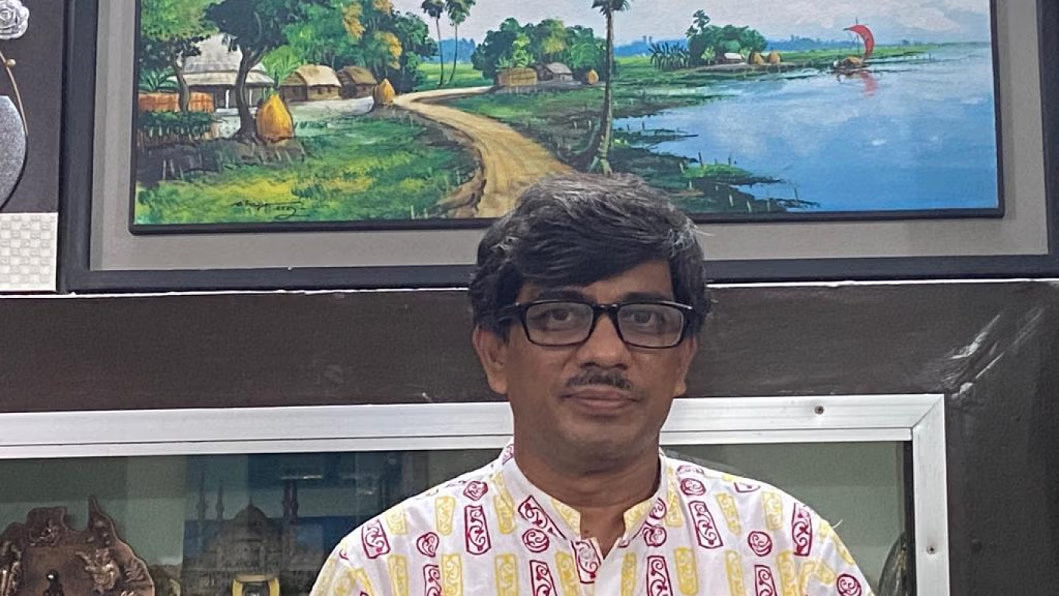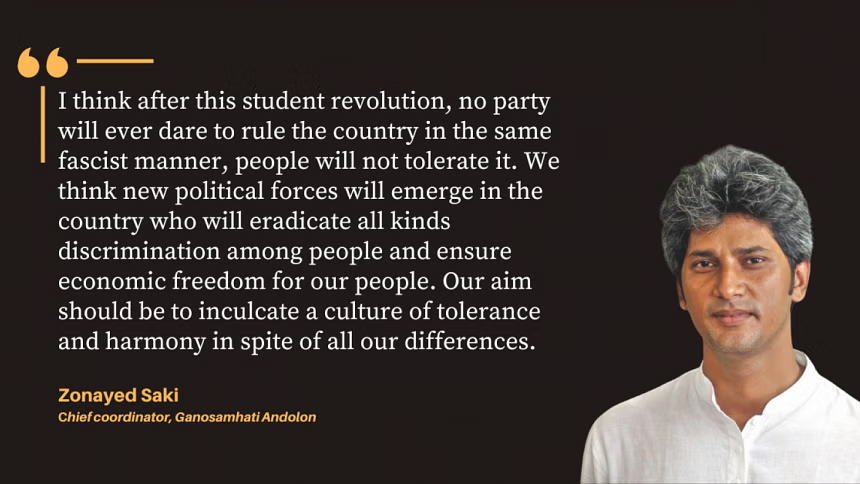
After the July uprising, what kind of changes do you want to see in our public universities? What kind of reforms are needed for a better academic environment on the campuses?
Many will admit that it is now difficult to call the public universities in Bangladesh "universities" in an ideal sense. They have gradually become stagnant, losing the environment for knowledge exploration. While their numbers have increased, their quality and standards have diminished. I believe the main reason behind this is, for many years those in power have maintained their control over the universities. Since there are many sagacious and conscious young people in the university, political power has been used to manage them through all spheres including students, teachers and administration. Now, to bring about positive changes in the universities, several changes need to be made in both the short-term and the long-term.
First, those who will lead the university, namely the vice-chancellors and pro-vice-chancellors, should not be appointed based on their educational and research qualifications only, they must also have a clear goal to advance the institution and the capacity to achieve that goal. Secondly, it is necessary to guarantee a proper educational environment for students with adequate accommodation and other necessary facilities. Thirdly, it is important to ensure teachers' accountability. Evaluation of teachers by students must be implemented quickly and effectively.
What should be done to end the stalemate that has been created in the public universities with the mass resignations of vice chancellors, pro-VCs and other key position holders? What should be the standard procedure for appointing new VCs?
The ideal method for the appointment of a vice-chancellor at a university should be through open competition so that qualified individuals are entrusted with this responsibility. The vice-chancellor must be academically sound, and at the same time, a visionary who knows which direction he wants to lead the university. After the anti-discrimination movement, students now want a vice-chancellor who will stand by their side. This is what any vice-chancellor or a teacher is expected to do—stand by students. Since partisan politics has dominated these appointments until now, vice-chancellors were subservient to the dictates of those who appointed them. Therefore, the welfare or safety of the students did not get priority to the VCs. Another part of this control structure was the ruling party's student organisation. They kept ordinary students in a state of fear through various forms of direct or indirect coercion.
During the student-led mass movement, the relationship between the teachers and students became strained for obvious reasons. What should be done to mend this relationship?
The positions of proctor, provost and resident teachers have so far been given on political considerations. And since the nature of their work is controlling, this creates a distance between them and the students. When students believe that a teacher is sincere in teaching and related activities, and does not discriminate, no complications are created between the students and teachers. A teacher is a human being, and he can make mistakes, and he can also apologise for those mistakes. Sadly, many teachers and students do not think this way.
Do you think banning partisan student politics will bring the much-awaited change on our campuses?
We are observing a growing hatred towards politics among ordinary students. But this anti-discrimination movement is indeed a part of politics. In that case, it is their responsibility to determine how they will organise to ensure their rights. However, it is important to re-establish all the hall councils and central student councils in the universities as soon as possible. It is also necessary to fix the method through which students can participate in the decision-making process at the Senate and all other levels.
What about teachers' politics? What kind of reforms are needed in the university teachers' recruitment process?
It is natural for a teacher to be politically conscious. It is also not unusual for teachers to have their demands and claims and also their own unions. But by the term teacher politics, we now only understand the sharing of positions and titles among the teachers affiliated with power and the various ways they gain personal benefits. We have seen that the members of the teachers' association in every university are mainly from the political party in power. Therefore, they are by no means the representatives of all teachers. We hope that the teachers' associations will engage in the necessary reforms with the participation of all types of teachers, without being influenced by those in power.
What immediate measures should be taken to make all the campuses and residential halls safe for the students?
There are specific rules for seat distribution in the hall, which were not followed. It is possible to ensure the security of the students if the seats are distributed according to the rules if no individual or group is allowed to dominate the halls, and if those involved in harassing the students are given appropriate punishment.
I feel as much pain in the abuse of the students as I do for those who are learning to abuse and torture. Eliminating discrimination means that no student—male or female—should be subjected to any kind of abuse in the universities.
The sexual harassment prevention cells that universities are supposed to have are either absent or not set up according to the rules. Students are often not aware of their existence. In some recent cases, it has been seen that even when complaints are filed with the cells, they often end up accusing the victim and absolving the accused.
There should be clear guidance on where and how to file complaints in case of any harassment or bullying. There is a need to create policies to prevent any form of harassment that the proctorial team will implement. In addition, we, on behalf of the University Teachers' Network, have been calling for the formation of an education commission that will formulate policies and monitor them to bring about the necessary changes in university education.


